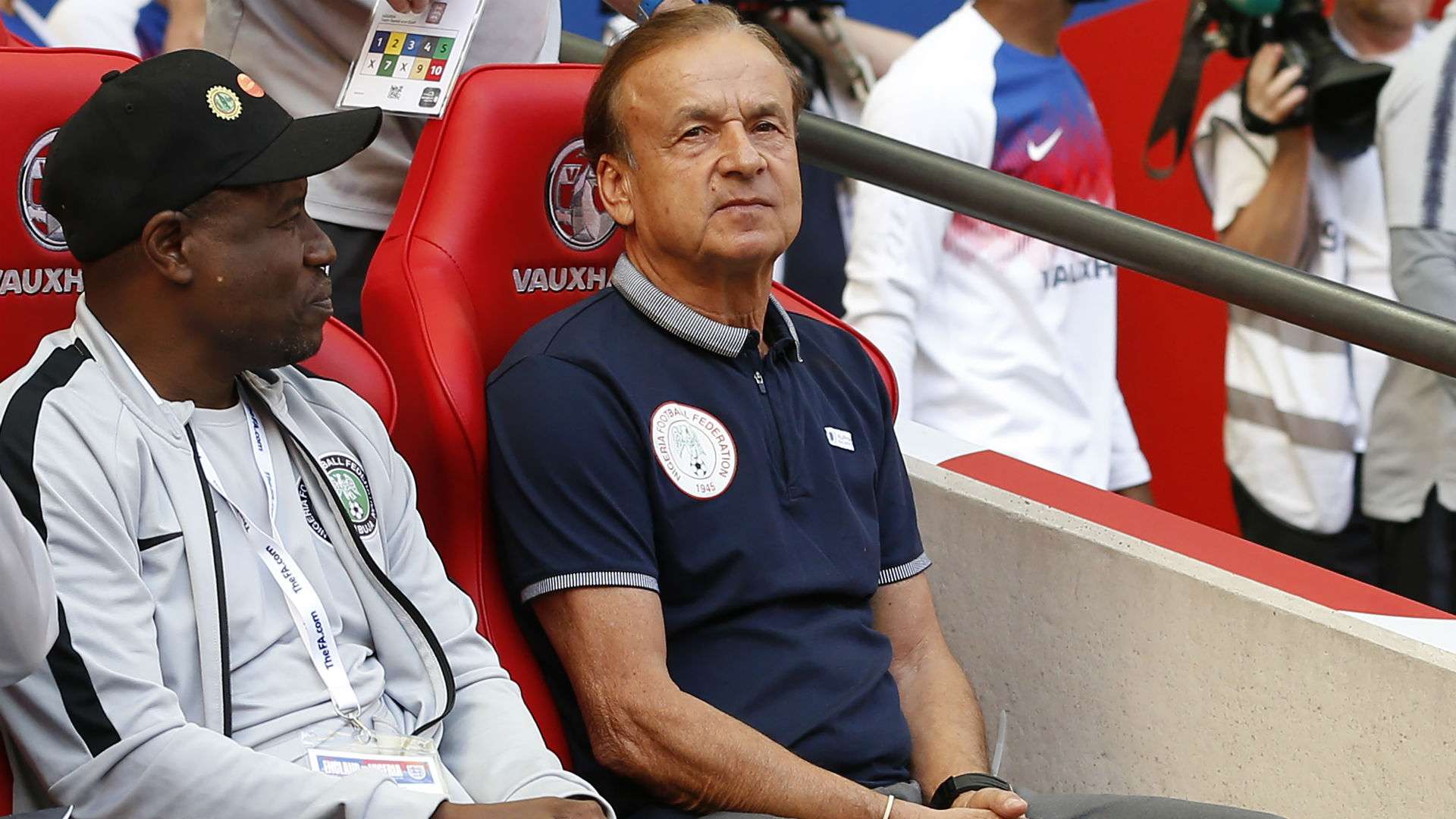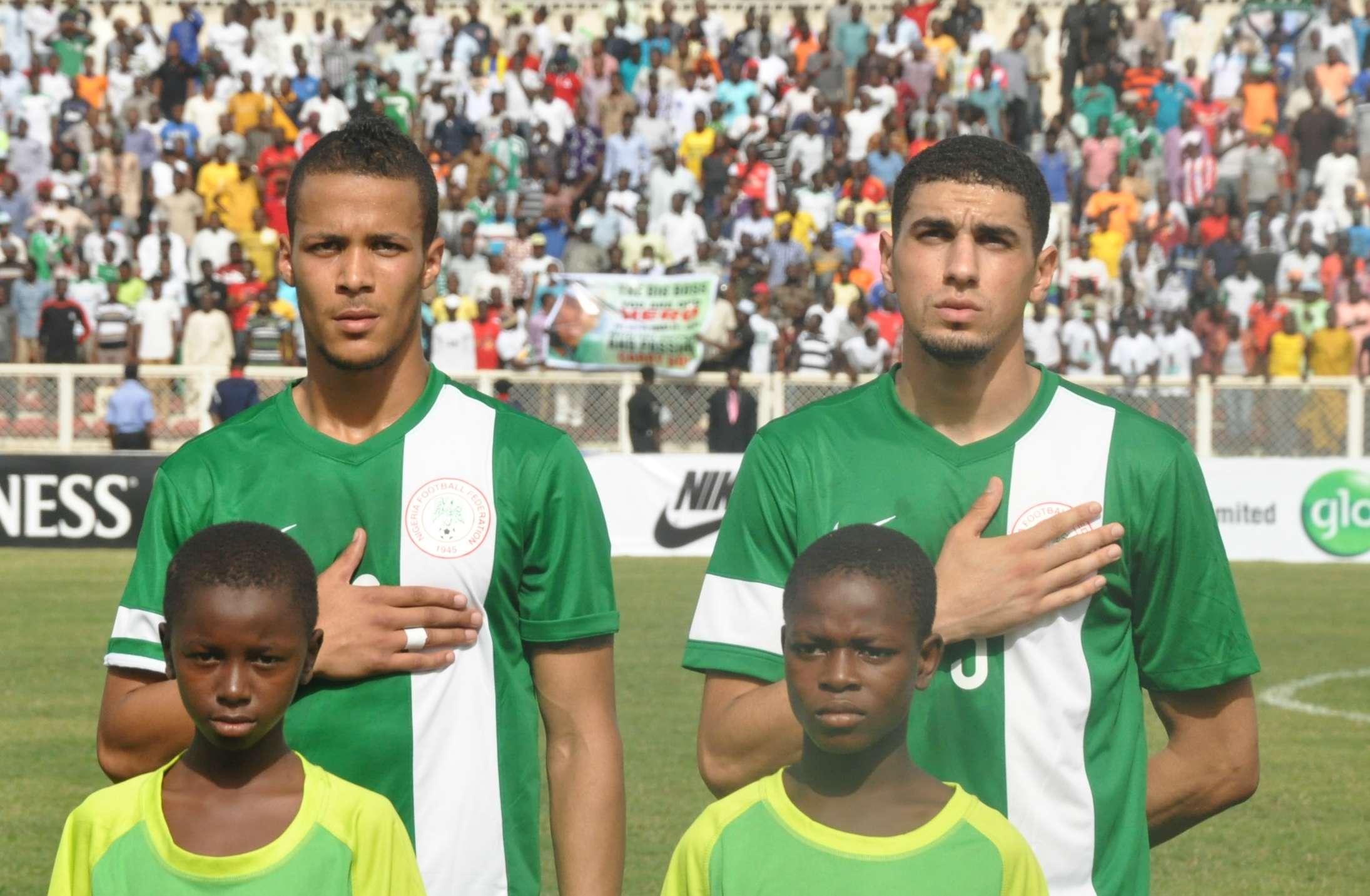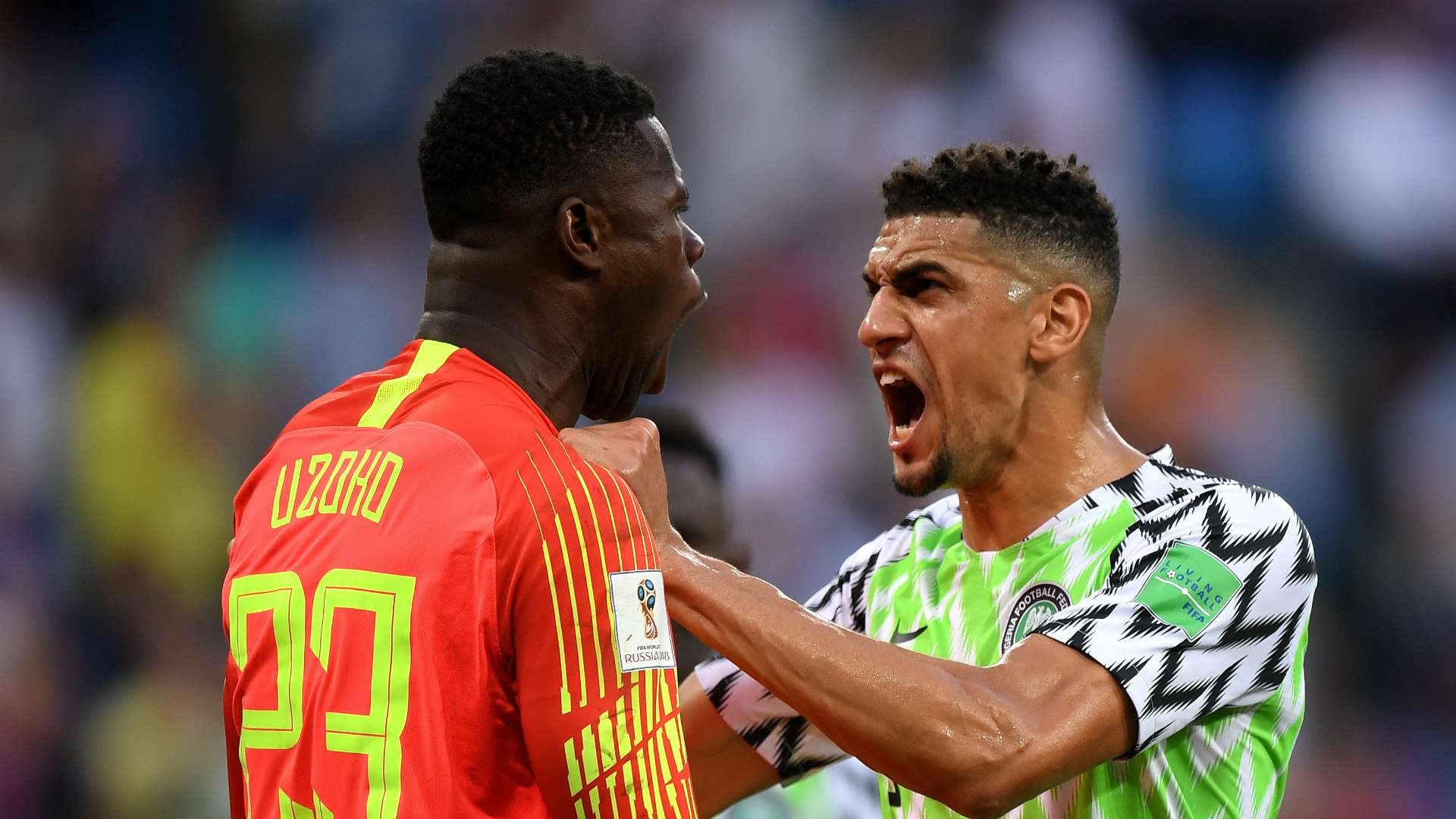Perhaps one of the most irrefutable legacies of Gernot Rohr’s time in charge of the Nigeria national team is the sheer efficiency of his setup.
Under the 64-year-old, the Super Eagles appear to have perfected the art of winning matches they are supposed to. This is an underrated quality, understandably: it is, after all, often only the prospect of an upset or a fairytale defiance of the odds that is enough to stir emotions to a truly fervent degree. However, for the major footballing nations – Nigeria undeniably one – this is what their diet largely consists of.
In that sense, Rohr has been a resounding success.
That success has been built upon a solid backline, the foundation upon which the rest of the team is supported, and the unforgiving rock-face against which potential upsets are crushed. Over the course of the German’s 26-game reign, Nigeria have conceded 23 goals; on average, fewer than a goal a game.
 Getty
Getty
The key to this has been consistency in selection, with three of the current back four having started over half of his games in charge. The newest entrant, Jamilu Collins, earned only his sixth cap over the most recent international window, and was brought in specifically with a view to addressing a long-term headache at left-back.
He aside, the trio of Shehu Abdullahi, William Troost-Ekong and Leon Balogun has been ever-present.
It is the synergy forged by their mutual understanding that has kept the Super Eagles firmly in the black, and this past week has gone some way toward addressing any remnant of doubt in the minds of observers as to their continued viability.
Abdullahi, moonlighting as a right-back for much of Rohr’s time in charge, has been a beacon of reliability. Often a steady 6 or 7/10, his professionalism and commitment have ensured he has rarely looked out of place, aside a seeming difficulty dealing with wing-backs. A midfielder by trade, he has also proven useful in a tactical sense, and seems to flourish with a proper winger ahead of him to play off.
 Getty
Getty
However, it is the duo known as the ‘Oyibo Wall’ that has come to define the defence, almost counterintuitively.
Nigeria’s footballing history has seen a myth built around the uncompromising centre-back, a mass of rippling muscles and snarling menace. That tradition is now carried on in the form of Troost-Ekong, the Udinese centre-back who, over the course of his career, has had to prove himself time and again at various levels.
His physicality is complimented by the more contemplative style of Balogun, and together their partnership has breathed calm and assurance to the backline.
It was not always apparent that would be the case, though.
 Photo by Lolade Adewuyi
Photo by Lolade Adewuyi
Even though they both made their competitive debuts in the same game (an Africa Nations Cup qualifier against Chad in 2015), Balogun played at right-back, and even the first coach to pair them in defence had his reservations: by Ekong’s admission, Sunday Oliseh swiftly dismissed him as “too soft to play against African players”.
That rankled, and it is a quiet rage that has driven him ever since.
“It spurred me on,” he admitted to The Telegraph in 2018. “I have played against African strikers since then and no one has bullied me. I have proven my point.”
Whatever concerns there might have been about their suitability to the African game, they have held their own with distinction, and their partnership that has gotten a seal of approval from no less than former Inter Milan defender Taribo West, one of a few Nigerian centre-backs in the last two decades to have played at the highest level in Europe.
“The chemistry of the Oyibo wall is beginning to work little by little, Balogun was outstanding in the qualifying series and Ekong is doing well in the team also,” West told Brila FM.
Ironically, the biggest threat to their partnership has been an internal one. The club form of Kenneth Omeruo has given pause for thought over the last couple of months, especially in light of Balogun’s struggle for game time in the Premier League.
 Getty Images
Getty Images
Tuesday’s narrow victory over an admittedly under-strength Egypt side could see faith restored in the pair, however.
Once again their keen understanding came to the fore in keeping a clean sheet; while Uzoho’s error was to blame for the concession against Seychelles, it did somewhat blot Omeruo’s copybook.
As a back-up, however, the Leganes man brings a considerable degree of nous and experience, and fourth-choice centre-back Chidozie Awaziem is a talented understudy.
That sense of assurance does not quite percolate through the rest of the defence, worryingly enough.

Ola Aina’s misfortune in being injured at this time perhaps robbed him of a chance to show he could challenge for the right-back spot, and in spite of his impressive loan spell at Torino so far, he has persistently underwhelmed on the international stage.
Rohr apparently missed a trick by opting not to blood promising youngster Ikouwem Utin over the two matches against Seychelles and Egypt, a tacit admission of his lack of belief in his readiness.
As such, a question mark also hangs over the left-back spot in the event that Collins is unavailable.
A largely settled back four means Nigeria will go into this summer’s Africa Cup of Nations with a degree of assurance. However, there is a lack of depth at full-back.
Considering it is the most tasking position physically in modern football, this small oversight could prove to be the Super Eagles Achilles’ heel in Egypt.




